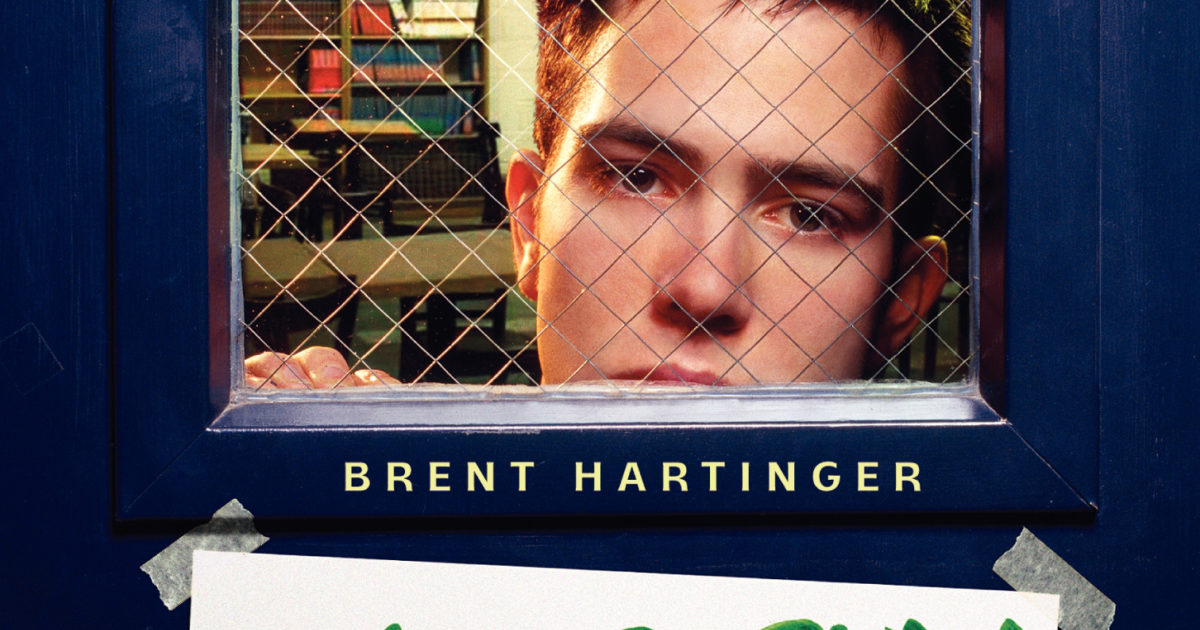
They're good books, and I'd recommend them to anyone who's looking for fun, light-ish relationship-y books. it seems like the whole world is being shaken up like a Boggle tray and it's impossible to predict how everything will end up. He's also the king of simile and metaphor (these are also all from Poison Oak):

(And if you're saying, Well, then, why did you come out? it's not like being gay and closeted at age sixteen is some carnival in the cafeteria.) But since this is the first chapter of this book, I can't be all negative and overwrought or you won't want to read any more (I'm not pointing fingers-I hate books like that too). Let's face it: being openly gay at age sixteen really, really sucks. Russel, the narrator in both books, has a great voice-he's wry, self-deprecating, sarcastic and smart (from Poison Oak): In The Order of the Poison Oak, three of the characters from the first book work as camp counselors for the summer.

From what I remember of high school (like I could forget-it's seared into my memory), BH gets it dead-on. To avoid harassment, they don't tell anyone what it really is, and come up with the most boring name possible, a club that no one in their right mind would want to join. In Geography Club, a group of kids start a GLB support group at their school. There's an important message, but it's not overbearing. As in any other good book, the characters, the story, the writing-they all come first. They're books about a kid who happens to be gay, not an after-school special-esque series of Books about Gay Teens. I'd recommend the Hartinger books over the Sanchez in a heartbeat. It's hard to be a gay teenager." The book was okay, but not super.

It felt like I was constantly being brained with a frying pan while someone was chanting, "It's hard to be a gay teenager.

In Rainbow Boys, the writing was very definitely secondary to the message.


 0 kommentar(er)
0 kommentar(er)
